Elite Resource & Consultation Services
Every person is entitled to enjoy independence, dignity and quality of life.
We endeavor to achieve this goal.
About

We serve people of all ages, ranging from infants to elderlies. Challenges may include physical aspect (e.g. orthopedics, burns), intellectual aspect (e.g. traumatic brain injury, dementia), developmental aspect (e.g. autistic spectrum disorder, learning difficulty, etc.), as well as behavioural and psycho-social aspects.
We do not believe in labeling our clients and we believe that no matter the cause of their dysfunction, each client and their significant others' needs are unique. We provide individualised rehab plans to help with their problems, such as:
- Study/work demands (including physical, learning and interactive demands, etc.)
- Psycho-social demands (according to role in life, significant other and social environment, etc.)
- Environmental demands
- Personal life ambitions or goals
Founder
REGISTERED OCCUPATIONAL THERAPIST, PRINCIPAL REHABILITATION CONSULTANT
Dr Tsang is a pioneer Registered Occupational Therapists in Hong Kong, being one of the few chosen awardee of HK government scholarship for training in UK. She started practicing Occupational Therapy since 1977, working in regional hospitals, in various fields, including psychiatry, orthopaedics, burns, neurological and neurosurgical, paediatrics, etc. She started private practice in 1989, catering for clients from age 0 to elderlies. She is also Case Manager for personal injury clients, both locally as well as overseas. Since 1990, she has prepared medico-legal report as rehabilitation consultancy expert, for recommendation on work capacity and rehabilitative needs of personal injury plaintiffs. She has prepared more than 2,000 medico-legal reports and has also given evidence in court. She is also certified/trained in Sensory Integration Therapy (SIPT), EMDR (Eye Movement Desensitisation and Reprocessing) practitioner, CranioSacral Therapy, Visceral Manipulation and is a Certified Clinical Hypnotherapist, as well as various Work Capacity Evaluation systems.

Services

KID POWER
Sensory Integration Developmental Assessment Reading & Writing Training Cognitive Training

YOUTH SERVICE
Behavioral Management Social Skills Training Career Exploration
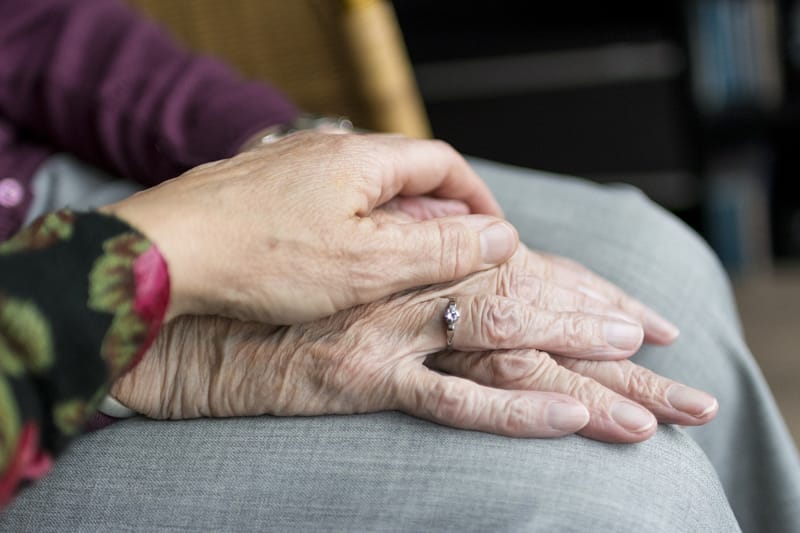
ELDERLY SERVICE
Dementia Care Fall Prevention Physical Rehabilitation Cognitive Rehabilitation
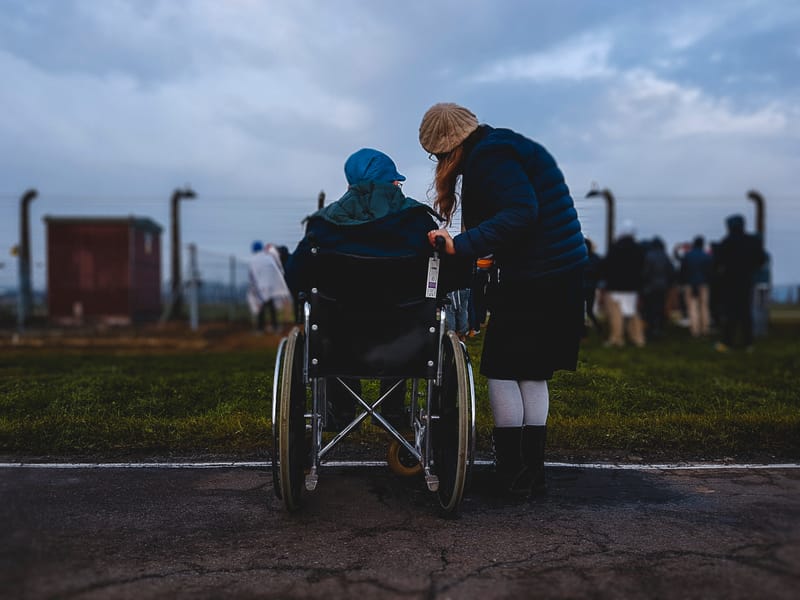
CASE MANAGEMENT
To provide support to client and family in management of client's condition and to facilitate optimal quality of life and function

MEDICO-LEGAL REPORT
Rehabilitation consultancy report presenting needs of those who have sustained Personal Injuries.
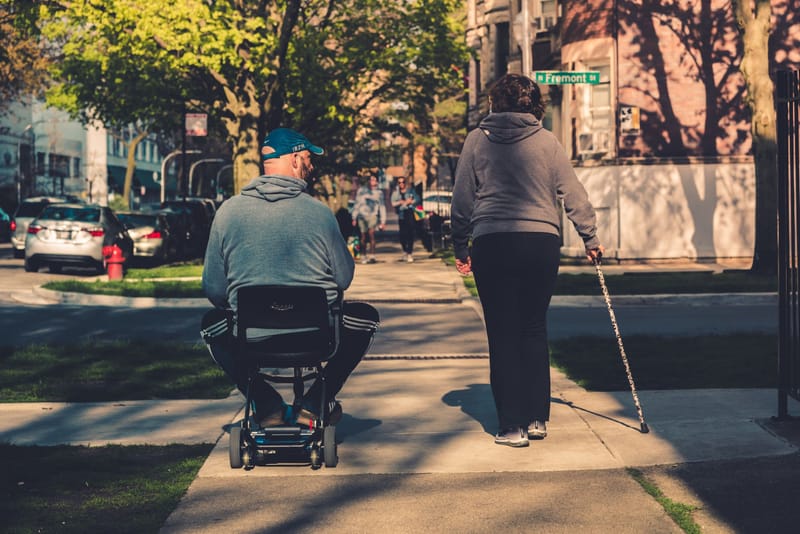
FUNCTIONAL REHABILITATION
Psycho-social Rehabilitation Physical Rehabilitation Cognitive Rehabilitation Environmental Modification
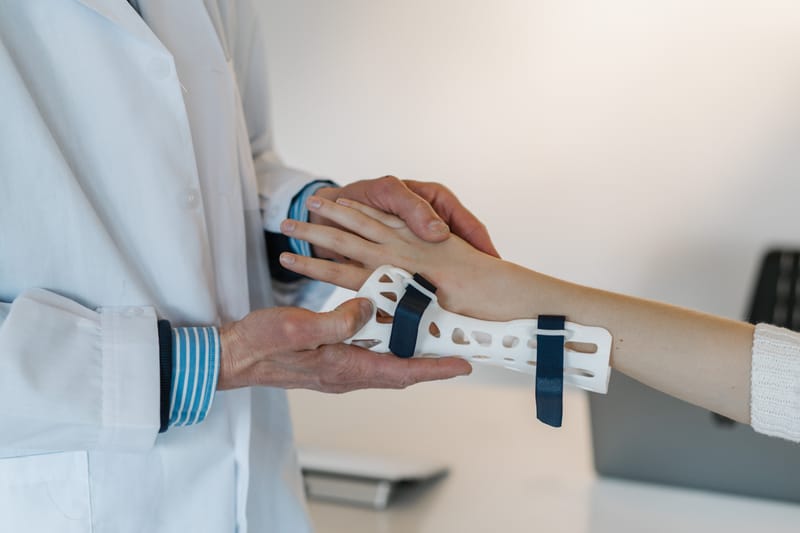
ORTHOPAEDICS REHABILITATION
Physical function training Splintage Pressure Therapy Training for Independence

BURNS REHABILITATION
Pressure Therapy (Pressure garment and padding) Splintage for functional positioning Psycho-social rehabilitation

CranioSacral Therapy
For release of physical and/or emotional restrictions in the body
Room Rental
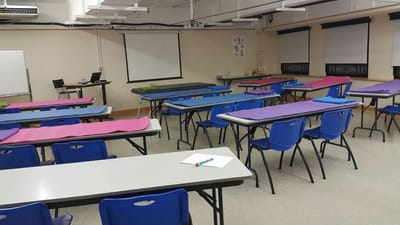
Our meeting rooms are open for rental, depending on availability, for meetings, training sessions, lectures, seminars, conferences, etc.
NGO's and charitable organisations can enjoy a 20% discount upon presentation of relevant proof.
Treatment Room
Treatment room (individual or group) is limited to therapist with appropriate qualification. Appropriate professional indemnity is required.
Contact us for further information.
Contact
- 8/F, So Hong Commercial Building, 41-47 Jervois Street, Hong Kong
- +852-2810-4988
- contactus@elite-rcs.com
- 10:00 am - 5:00 pm
